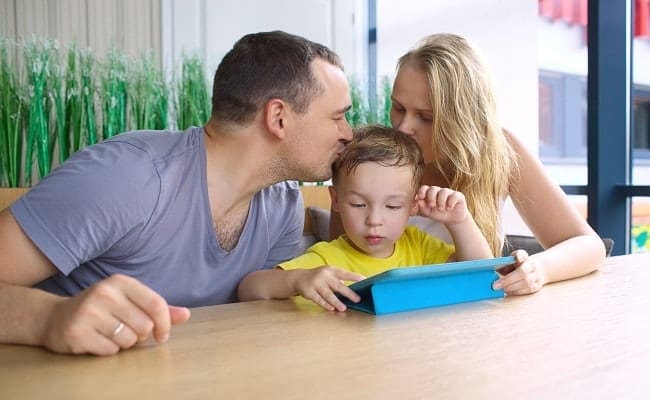In today’s world where people often debate about nature versus nurture and which has more impact in childhood development, it is normal to question how being adopted can impact a child and psychological health. It is no wonder why birth mothers and adoptive parents seem to worry about the effects adoption may have on a child’s psychological health, when media tend to sensationalize and oversimplify studies on adoptees. A deeper analysis, however, demonstrates that children from adoptive families behave and develop the same way as those being raised by biological parents.

Increased Attention to Mental Health
Headlines don’t explain the whole picture. Stories published in the press are meant to evoke emotion and shock readers, often through fear or anger. So some news outlets will report that adoptees are more likely to have mental health issues than their non-adopted counterparts. But they fail to mention other variables and factors at play. For example, the historical stigma surrounding adoption has subconsciously led the general population to view adoptees as more of an, “at-risk” population, leading adoptive parents to be hyper-aware of adoptee mental health and far more likely to seek help for their child, as compared to biological parents. Also, according a national health survey, health care providers seem to use a lower threshold for abnormal behavior, when referring adoptees to mental health services. While many fear the psychological repercussions of adoption, one must take a look at the research to get an accurate understanding. Beyond these relatively singular events and flashy news headlines, the vast majority of the adoptee population grow up as happy and healthy as those were raised by biological parents.
Effects of Adoptive Parenting
Data has proven that children not only adapt well to their families, they thrive. According to a report of the 2007 National Survey of Adoptive Parents, 85% of adopted children were in excellent or very good health and received more attention than non-adopted children. Studies show that over half of adoptees performed above average in academics and were more likely to join extracurricular than their non-adopted counterparts. Whether children have a prominent and constant adult figure to depend on is much more important than whether that figure is adoptive or biological. A reliable support system is the most crucial aspect to success.
“Chosen Child” Mentality
In recent decades, as adoptions have opened and the stigma subsides, many adopted children now accept and even pride themselves on being adopted. The child generally grows up hearing about how they were born being unconditionally loved by many: the birth mom who loves the child so much to want to provide the best life possible and the adoptive parent(s) who have searched all over for their child to love. This beautiful adoption story centers on love and can instill a sense of pride and confidence in an adoptee. It allows adoptees to view themselves as loved, and a “chosen child,” that can become central to their developing identity.
Your child is your greatest priority, so it’s important to take into consideration how adoption can affect children and if it is the best option for you. If you need more information on the adoption process, click here.